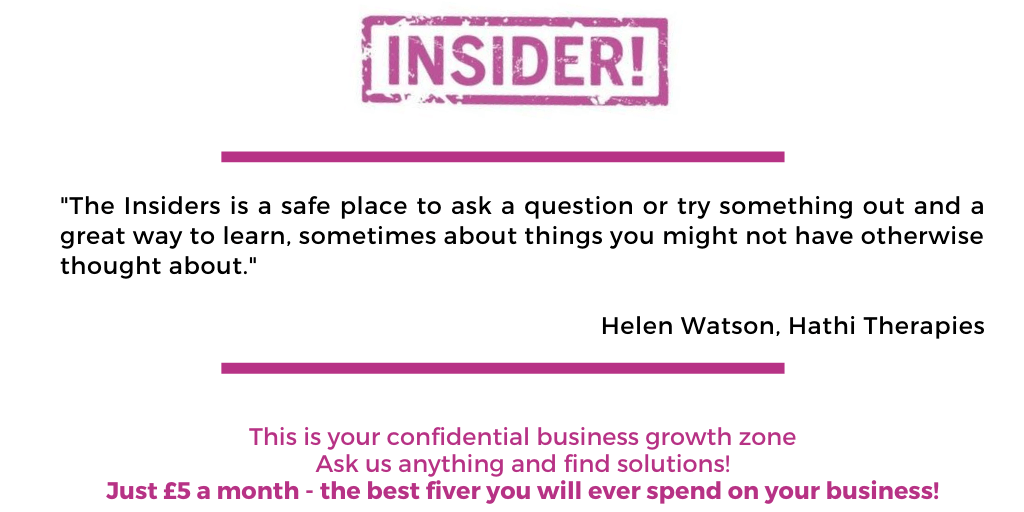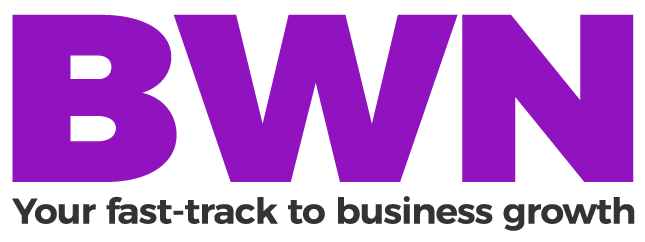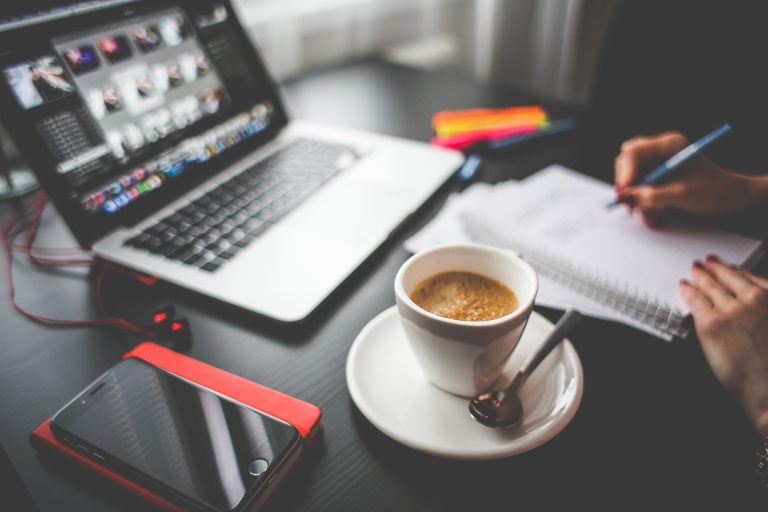A Guide To Record-Keeping And Expenses For Self-Employed Sole Traders
Whether you’re new or not to self-employment, record-keeping might sound like hard work. And while that may be true, it does come with its own reward – namely, that sole traders can claim back allowable expenses and pay less tax on their earnings.
HMRC has a number of rules about record-keeping though. Mostly, they relate to the storage of receipts and other documentation after you’ve filed your Self Assessment tax return for that tax year. By not adhering to them, you run the risk of losing out on any tax relief – or worse, being penalised by HMRC.
So, to ensure you get the tax-saving benefit of expenses, we’ve asked Mike Parkes from GoSimpleTax to set the record straight on record-keeping and provide guidance on how to claim.
What expenses can sole traders claim for?
There’s a whole host of expenses you can claim as a sole trader, and they can potentially net you big savings if you utilise all that are available to you. Generally, people are aware that equipment purchases qualify as expenses, but there are many others.
They include:
Travel and accommodation
As a sole trader you may have to cross up and down the country for long stints at a time, basing yourself near a site far from home. Luckily, HMRC considers hotel stays viable expenditure. The accommodation records (how long you’ve booked) should be as close as possible to the proposed timescale of the project you’re there to oversee.
You can also claim tax relief on mileage or travel bookings made over the year, as well as meals on overnight trips. To ensure you stay within the bounds of eligible allowances, it’s worth consulting the gov.uk website.
Legal and financial costs
- If you need to hire an accountant to support you in your venture, you can claim on their total costs. This may also be the case for any other professional services you may need for business purposes. Likewise, you can claim against bank costs such as overdraft and credit card charges. Costs like professional indemnity insurance premiums and lease payments can be claimed back, although there are rules if you’re using cash basis accounting.
Marketing costs
As you are using these services purely for the purpose of driving your business forward, HMRC will permit marketing exercises as eligible expenses. That’s great news for sole traders who use flyers to drum up work, for example, or need a website that advertises their services.
Clothing Expense
While you operate as a self-employed individual, you may also represent certain authorities when you’re caring for patients or vulnerable people. As a result, you may be expected to purchase a uniform or your own PPE.
Fortunately, you’re able to claim for it as an allowable business expense. Provided that what you’re purchasing is either a uniform or necessary protective clothing needed for your work, you’ll qualify for tax relief.
What’s more, if you need to purchase any additional PPE for your role (say, gloves and face masks), this is also considered an allowable expense.
Rent for premises
If you rent a space purely for business purposes, then that too can be classed as an allowable expense.
Utilities
If you work from home, you’re entitled to claim a proportion of your gas, electric, water, broadband and telephone bills as allowable expenses. There’s no exact science to this, but generally you’d divide the bill by the number of rooms in your house and then divide that figure based on the amount of time you work from home. The GOV.UK website has a good example. If that sounds too complex, then you can claim simplified expenses.
Subscriptions
If your freelance work requires you to pay a membership fee or would benefit from you purchasing a trade publication, these costs can be claimed back on. However, this does not extend to political party subscriptions.
These are just some of the examples of expenditure that you can claim on, but they highlight the wealth of opportunities available to all sole traders – provided they keep the relevant records. Claiming these expenses through your Self Assessment tax return helps to further reduce your tax liability and maximise your take-home pay.
Over on the Insiders we share their in depth advice on what records to keep, how long you must keep them for, how you should store this information and what HMRC would want from you if they launched an investigation. Essential knowledge for every business owner.

About GoSimpleTax
GoSimpleTax software submits directly to HMRC and is the solution for freelancers and the self-employed alike to log all their income and expenses. The software will provide you with hints and tips that could save you money on allowances and expenses you may have missed.
Trial the software today for free – add up to five income and expense transactions per month and see your tax liability in real time at no cost to you. Pay only when you are ready to submit or use other key features such as receipt uploading.
INsiders members receive a 15% discount – to get your discount code simply sign-up to try our software above and it will be emailed to you.
Not an Insider?






